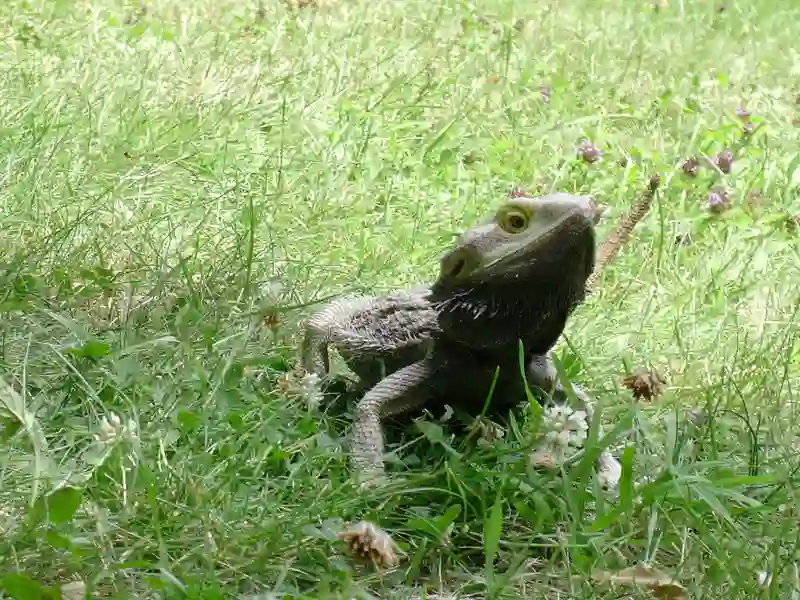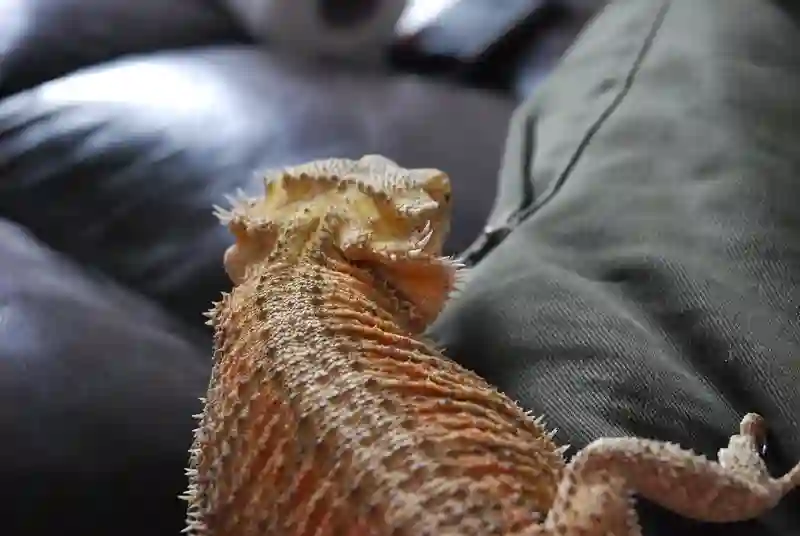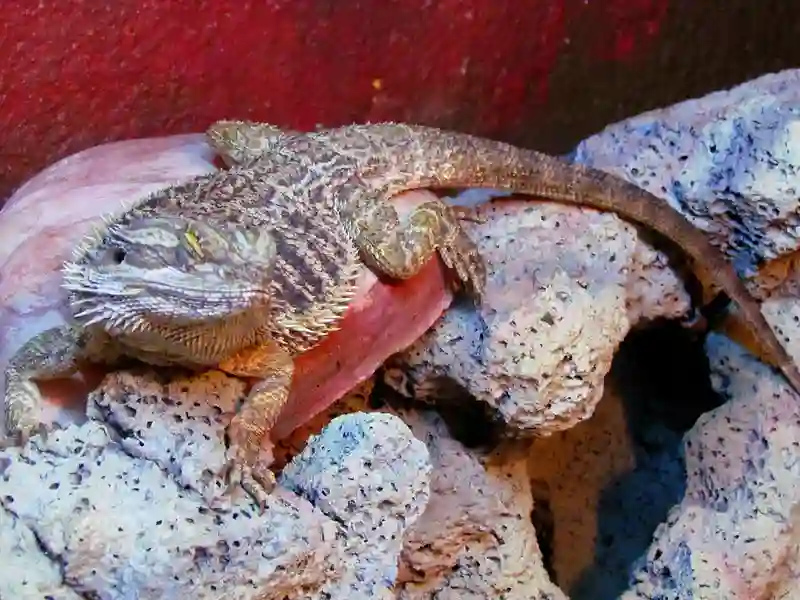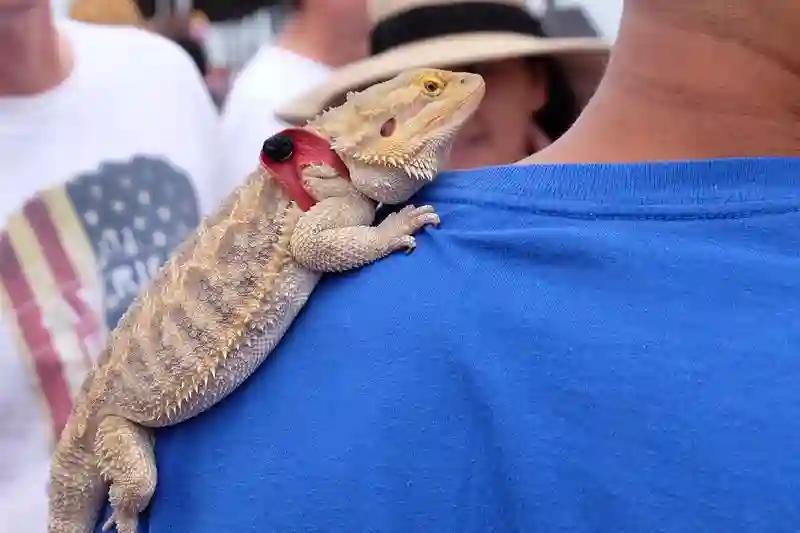Category: Winter Care Guide
-

Here’s What You Can Do If Your Bearded Dragon Is Lethargic In Winter
A bearded dragon can become lethargic during the winter due to a natural process called brumation, which is a hibernation-like state many cold-blooded animals undergo. When a bearded dragon is in brumation, it may sleep for days or even weeks, and its appetite will decrease along with its activity levels. When the bearded dragon reaches…
-

Here’s 3 Things You Should Try If Bearded Dragon Is Not Eating During Winter
During winter, your Bearded dragon might not eat due to brumation. During this season, it is common for bearded dragons to stop eating, which can be concerning for both owners and experts in reptile health. Winter is the season when bearded dragons go through a period of dormancy known as brumation. During brumation, they enter…
-

5 Things I Do When My Bearded Dragon Is Not Pooping During Winter
If your bearded dragon is not pooping during the winter, there are a few things you can do to help them out. I recommend taking the following steps to ensure that your bearded dragon is healthy and happy during the winter season. From providing a warm environment to making sure your dragon is getting the…
-

3 Things To Remember If You Wanna Take Bearded Dragon Outside In The Winter
The ideal temperature range for a bearded dragon is between 75°F to 85°F (24°C to 29°C) during the daytime, with a basking spot that reaches up to 105°F (40.5°C). At night, the temperature can drop to around 70°F (21°C). If the temperature drops too low, it can lead to respiratory problems and even death. Taking Precautions…
-

Can Bearded Dragons Live In Cold Weather?
The lowest temperature a bearded dragon can survive is around 65°F (18°C). If the temperature drops too low, they can become very ill and eventually succumb to hypothermia. If you live in a cold climate, you will need to provide alternate heat sources to keep your bearded dragon warm. You can use a heat mat, ceramic…